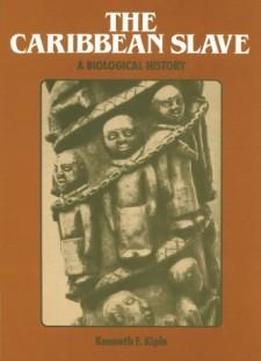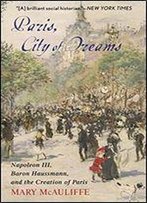
The Caribbean Slave: A Biological History (studies In Environment And History)
by Kenneth F. Kiple /
2002 / English / PDF
6.2 MB Download
This study focuses on the black biological experience in slavery,
in the Caribbean. It begins with a consideration of the rapidly
changing disease environment after the arrival of the Spaniards; it
also looks at the slave ancestors in their West African homeland
and examines the ways in which the nutritional and disease
environments of that area had shaped its inhabitants. In a
particularly innovative chapter, he considers the epidemiological
and pathological consequences of the middle passage for newly
enslaved blacks. The balance of the book is devoted to the health
of the black slave in the West Indies. Using the general health and
level of nutrition of the island whites as a control, Kiple pays
especially close attention to the role that nutrition played in the
development of diseases. The study closes with a look at the
continuing demographic difficulties of the black West Indian from
the abolition of slavery.
This study focuses on the black biological experience in slavery,
in the Caribbean. It begins with a consideration of the rapidly
changing disease environment after the arrival of the Spaniards; it
also looks at the slave ancestors in their West African homeland
and examines the ways in which the nutritional and disease
environments of that area had shaped its inhabitants. In a
particularly innovative chapter, he considers the epidemiological
and pathological consequences of the middle passage for newly
enslaved blacks. The balance of the book is devoted to the health
of the black slave in the West Indies. Using the general health and
level of nutrition of the island whites as a control, Kiple pays
especially close attention to the role that nutrition played in the
development of diseases. The study closes with a look at the
continuing demographic difficulties of the black West Indian from
the abolition of slavery.











